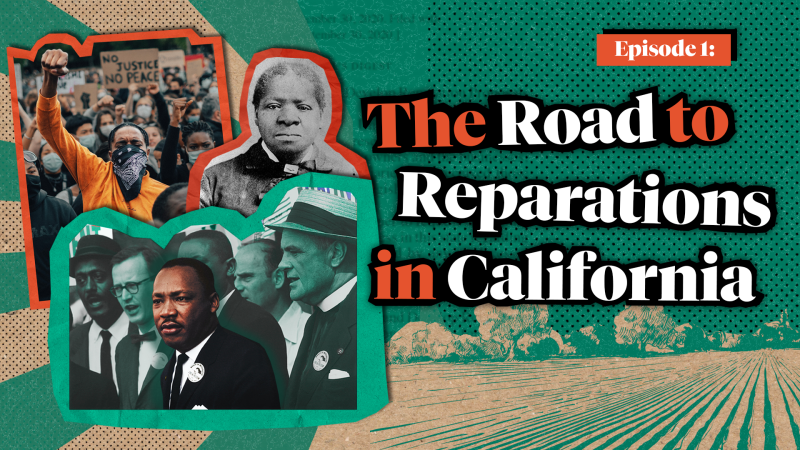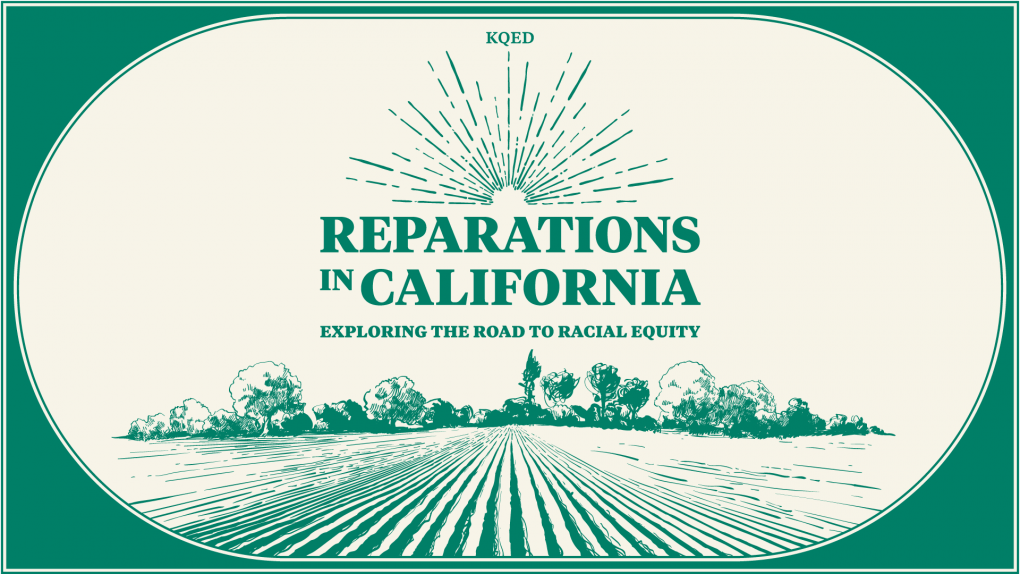The hunt for racial equity in the United States may strike gold in California.
At least that’s how many hope the work of the California Reparations Task Force, the first statewide body to study reparations for Black people, will pan out. The task force could potentially change the course of history by creating a malleable reparations model that the federal government could adapt for a nationwide package.
The term “reparation” is derived from “repair.” But before we can seriously consider atonement and financial restitution for more than two centuries of enslavement, America, like California, must first acknowledge that, because of enslavement, racial inequities persist. Even though California staked a claim as a free state, Black people have endured marginalization and systemic racism since the state’s inception, as KQED’s yearslong project on reparations continues to report.
Anti-Black racism in America is a vestige of chattel slavery. The task force has mined the lingering effects on society, releasing an interim report (PDF) last year that provided nuggets on how closely linked California’s past is to the present. The durability of systemic racism can be difficult to digest. That’s why Manjula Varghese, a digital producer and editor for KQED Arts and Culture, produced a five-part video series that enriches the reparations debate and, most importantly, provides enlightenment on why reparations are a necessary tool to achieve equity.
Directed by Varghese, with assistance from Lakshmi Sarah, a weekend digital producer and reporter, and Chinwe Oniah, a Bay Area-based filmmaker, the series explores how the perpetual influence of chattel slavery — disparities in education, health, wealth and more — affects the lives of Black people in California.


